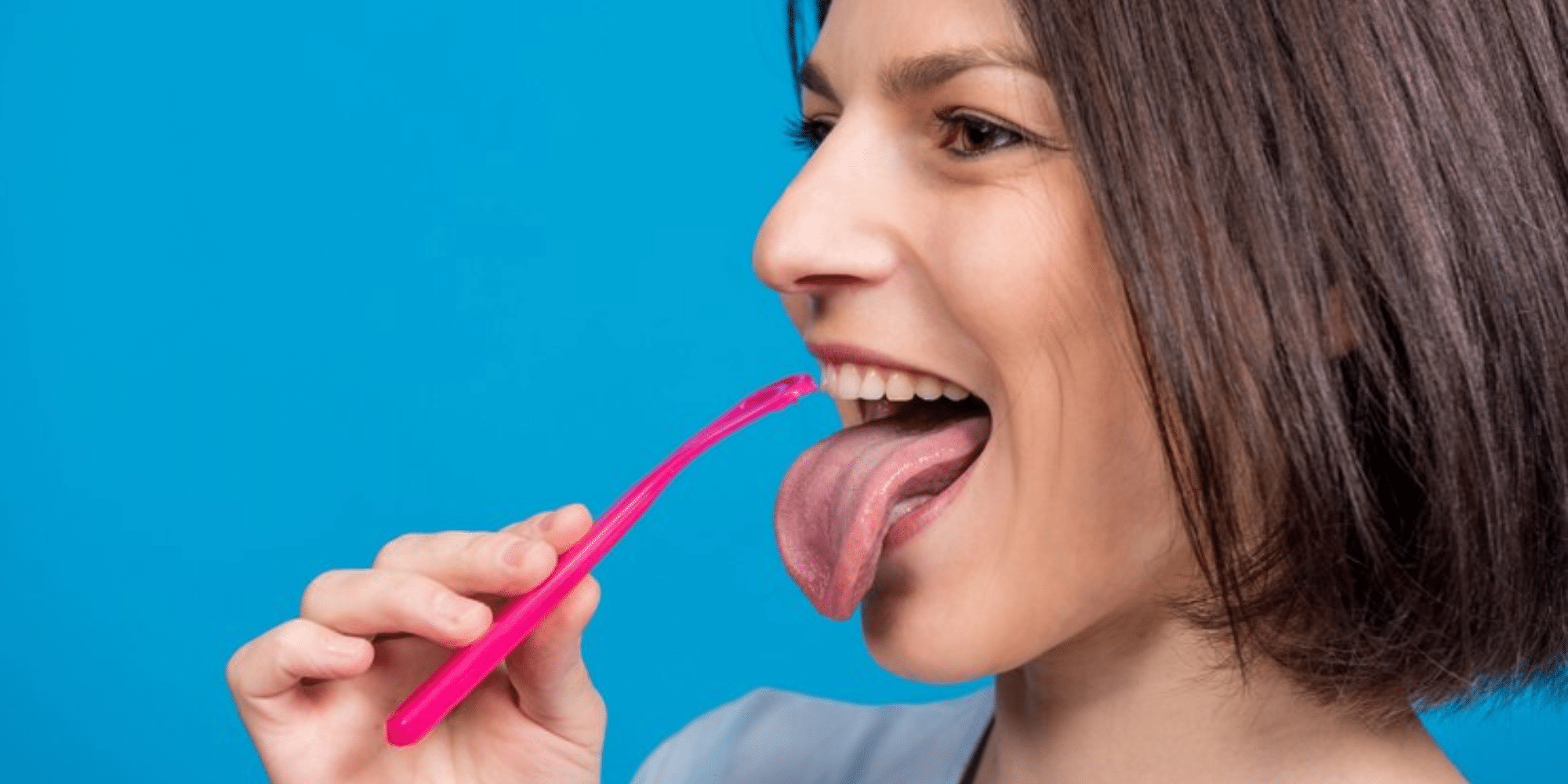
What Happens to Your Teeth When You Drink Cold Water?
We’ve all experienced that refreshing sensation when sipping on a glass of ice-cold water on a scorching day or after a strenuous workout. Cold water not only quenches our thirst but also provides a delightful respite. However, have you ever wondered what happens to your teeth when you indulge in this simple pleasure? In this comprehensive guide, we will delve into the fascinating world of how cold water affects your dental health.
The relationship between cold water and your teeth is more intricate than you might think. While it’s generally considered safe to enjoy a cold drink, there are nuances to be aware of, especially if you want to maintain a healthy smile. From sensitivity to enamel erosion and even potential benefits, we’ll explore it all. So, the next time you reach for that icy beverage, you’ll do so with a deeper understanding of its impact on your pearly whites.
Effects Of Cold Water On Your Teeth
Initial Reaction to Cold
When you take that first sip of ice-cold water, your teeth might react with a sudden sensation. This reaction occurs because your teeth contain nerve endings sensitive to temperature changes. As the cold water contacts your teeth, these nerves send signals to your brain, registering the temperature shift. While this sensation can be startling, it’s a natural response and usually not a cause for concern.
Sensitivity in Sensitive Teeth
If you have sensitive teeth, the experience of drinking cold water can be less pleasant. Tooth sensitivity often results from dentin exposure, a sensitive layer beneath your enamel. Cold water can trigger a sharp, painful sensation in these cases. To manage this discomfort, consider using toothpaste designed for sensitive teeth, which can help block nerve signals and reduce sensitivity over time. Consulting your dentist for personalized advice is also advisable.
Enamel Erosion and Temperature
While drinking cold water doesn’t directly erode your tooth enamel, it’s essential to consider your overall dental health. Enamel erosion can result from various factors, including acidic beverages and inadequate oral hygiene. When your enamel is weakened, exposing your teeth to frequent temperature changes, such as consuming extremely hot and cold foods and drinks, may contribute to further erosion over time. Maintaining good oral hygiene practices and limiting the consumption of acidic foods and drinks can help protect your enamel.
Why Is Staying Hydrated Good For Your Teeth?
Staying hydrated is not only essential for your overall health but also has several benefits for your dental well-being:
- Saliva Production: Adequate hydration promotes the production of saliva in your mouth. Saliva is your body’s natural defense against tooth decay as it helps to neutralize acids, rinse away food particles, and reduce the growth of harmful bacteria. A well-hydrated mouth is less likely to experience dryness, which can contribute to dental problems.
- Balanced pH Levels: Hydration helps maintain a balanced pH level in your mouth. When your mouth’s pH is stable, it creates a less acidic environment, less conducive to the growth of acid-loving bacteria. This, in turn, reduces the risk of enamel erosion and cavities.
- Rinsing Away Sugars and Acids: Drinking water, especially after consuming sugary or acidic foods and beverages, can help rinse away remnants of these substances. This simple act can prevent sugars and acids from lingering on your teeth and causing damage.
- Preventing Dry Mouth: Dehydration can lead to dry mouth, characterized by reduced saliva production. A dry mouth can make your mouth more susceptible to dental issues like tooth decay and gum disease. Staying hydrated minimizes the risk of dry mouth and its associated problems.
- Supporting Healing: Proper hydration supports the healing process if you’ve had dental procedures or injuries. It helps with tissue repair, cell regeneration, and overall recovery.
- Cavity Prevention: Hydration encourages regular swallowing and saliva flow, naturally cleansing your teeth. This ongoing cleansing action can contribute to cavity prevention and the maintenance of healthy teeth.
Why Extreme Temperatures Are Harmful To Your Teeth?
Extreme temperatures, whether extremely cold or hot, can be harmful to your teeth for several reasons:
- Sensitivity: Extreme cold can trigger tooth sensitivity, causing discomfort, especially in individuals with sensitive teeth. It can be painful when the nerves in your teeth react to the temperature change.
- Enamel Erosion: Consistent exposure to extremely hot or cold temperatures can weaken tooth enamel over time. This can make your teeth more susceptible to damage, such as chipping or cracking.
- Tooth Contraction and Expansion: Rapid temperature changes can lead to the contraction and expansion of your teeth, which can stress your dental structure. Over time, this stress can potentially lead to dental problems.
- Discomfort: Extreme temperatures can cause discomfort while eating and drinking, reducing your enjoyment of food and beverages. It’s important to be mindful of these temperature extremes to protect your dental health.
Best Water Temperature For Your Teeth
The temperature of water you choose to drink can impact your dental health. Ideally, room temperature or lukewarm water is best for your teeth. Extremely cold water can cause sensitivity in individuals with sensitive teeth, leading to discomfort. On the other hand, extremely hot water can weaken tooth enamel over time. Room temperature water is gentle on your teeth and poses no significant risks. Moreover, it’s essential to consider your overall hydration and dental hygiene. Regardless of the water temperature, staying adequately hydrated and maintaining a regular oral care routine, including brushing and flossing, are key factors in preserving dental health. So, when it comes to water temperature, moderation, and room temperature are generally the safest options for your teeth.
Cold water is undeniably refreshing and a vital component of our daily lives. While it may trigger temporary sensations in your teeth, it’s generally safe to enjoy in moderation. However, if you have sensitive teeth or existing dental issues, it’s wise to exercise caution and seek advice from your dentist.
Maintaining optimal dental health involves a combination of factors, including proper hydration, regular dental check-ups, and consistent oral hygiene practices. By understanding how cold water affects your teeth and taking proactive steps to protect your oral health, you can continue to enjoy your favorite beverages without compromising your smile’s radiance.
Remember, knowledge is power when it comes to dental care. So, the next time you savor a glass of cold water, you’ll do so with the confidence of knowing how to keep your teeth healthy and your smile bright.
FAQs
Q: Is it okay to drink ice-cold water every day?
A: Yes, enjoying ice-cold water daily is generally safe, but there are considerations. Drinking very cold water can temporarily shock your teeth due to temperature differences. This may not be an issue for most people, but it’s wise to exercise caution if you have sensitive teeth or dental problems. Consider sipping cold water slowly to minimize discomfort and avoid frequently exposing your teeth to extreme temperature changes.
Q: How can I reduce tooth sensitivity to cold water?
A: Tooth sensitivity to cold water can be managed. Consider using toothpaste designed for sensitive teeth containing ingredients to block nerve signals and reduce sensitivity over time. Consult your dentist for personalized advice and potential treatments, such as desensitizing agents or fluoride applications.
Q: Is it safe to drink hot water after cold water?
A: Drinking hot water after cold water is generally safe for most people. However, it’s essential to be mindful of extreme temperature changes, as they can cause discomfort in your mouth and teeth. To avoid this, you can gradually transition from cold to hot water or allow your mouth a moment to adjust to the temperature difference.


